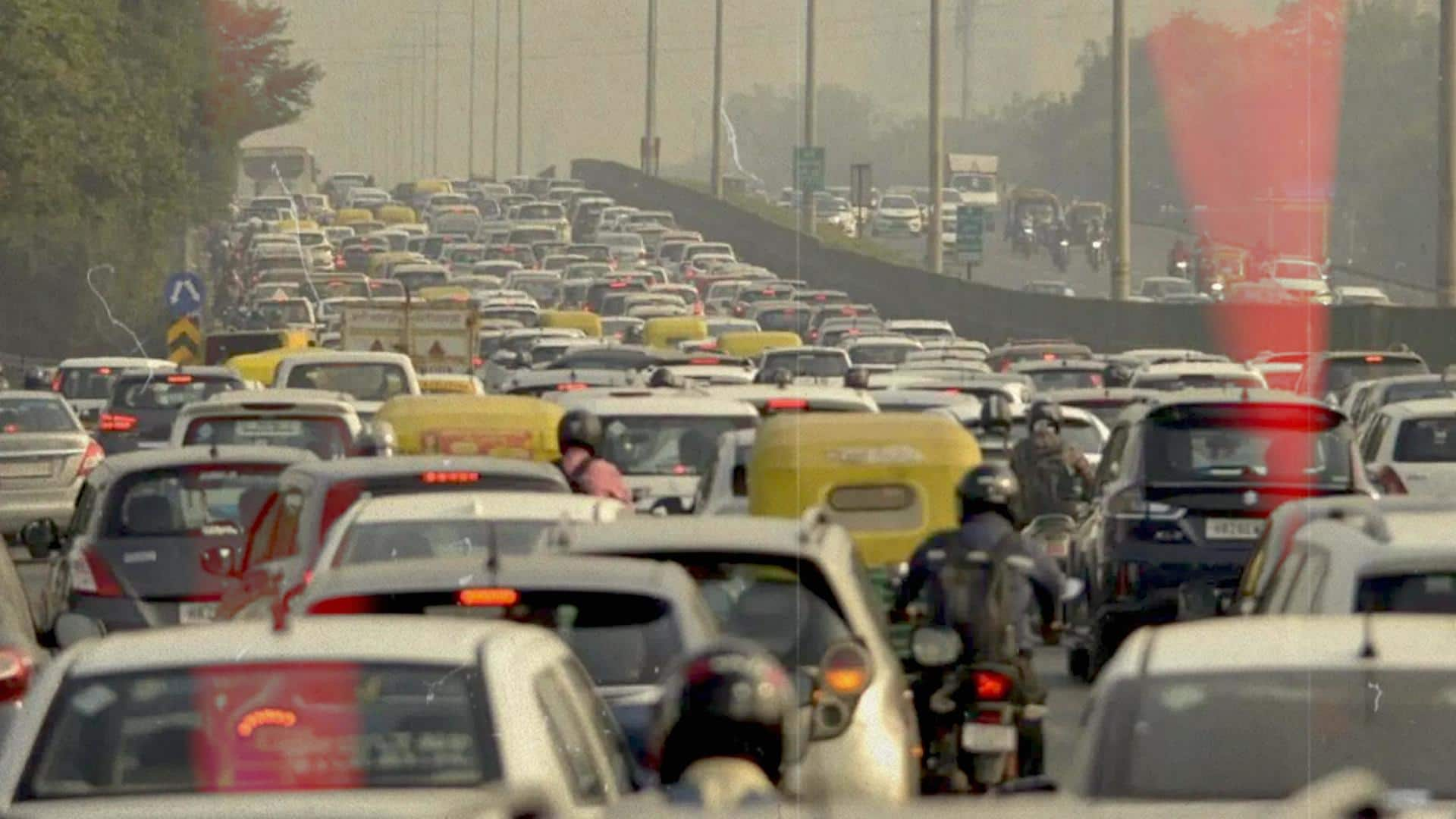
Delhi bans BS3 petrol and BS4 diesel cars: Here's why
What's the story
The Delhi government has banned BS3 petrol and BS4 diesel cars from plying in the national capital due to worsening air pollution. The ban will be in effect till January 12 and might be extended if the pollution levels do not go down. To recall, the government took a similar step last month when air quality declined in the Delhi-NCR region.
Context
Why does this story matter?
The vehicle ban in Delhi comes at a time when the region is experiencing severe cold waves and a record plunge in temperature. A blanket of heavy fog also covered the national capital, thereby reducing visibility. If four-wheelers are left to ply unchecked, the situation will only get worse in the coming days.
Steps
Downward revision of GRAP stage crucial to lifting of ban
Delhi took the banning initiative under the directions provided by Section 115 of the Motor Vehicle Act and Stage 3 of the Graded Response Action Plan (GRAP). GRAP is a set of emergency measures to prevent further air quality deterioration once it reaches a threshold in the Delhi-NCR region. The ban might be lifted once there is a downward revision in the GRAP stage.
Punishment
Rule violators will have to pay a hefty fine
As per Delhi Transport Department, police vehicles, those deployed in emergency services, and government vehicles used for enforcement, are exempted from the ban. The rest, if found plying on roads while the ban is in effect, will be booked under Section 194 (1) of the Motor Vehicles Act. They will have to pay a hefty fine of Rs. 20,000.
Stats
Air pollution in Delhi NCR is becoming worse
Air quality in Delhi is deteriorating and visibility in some regions has dropped to as low as 25 meters. The air quality index (AQI) between 201 and 300 is described as 'poor,' 301-400 as 'very poor,' and 401 and 500 as 'severe.' In the case of the national capital, the 24-hour average AQI was 434 at 4pm on Monday, up from 371 on Sunday.